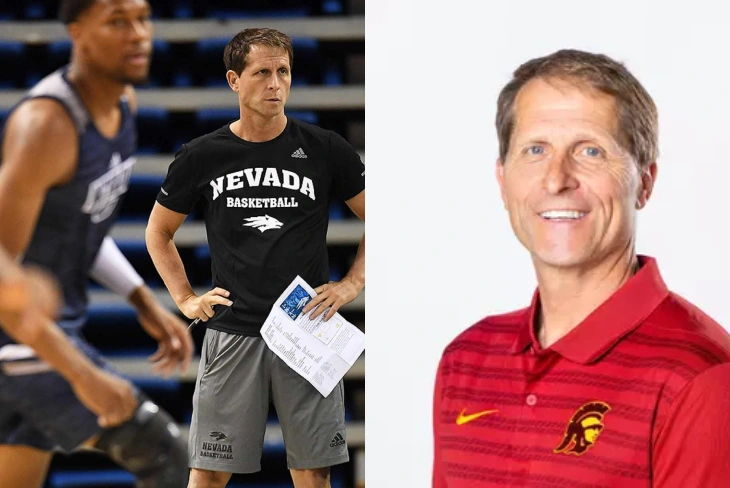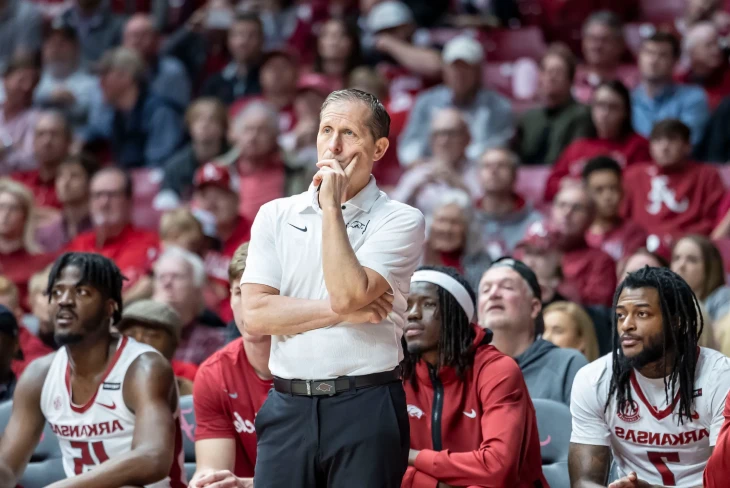Bill Musselman was a larger-than-life figure in the world of basketball, known for his intense coaching style, innovative strategies, and unwavering passion for the game. Born in 1937 in Wooster, Ohio, Musselman’s journey from a college basketball star to a legendary coach is a story of both remarkable success and significant challenges. His career was marked by championships, controversies, and a lasting impact on the sport. This article dives deep into Musselman’s life, coaching philosophy, and legacy, exploring how he shaped the game of basketball and influenced future generations.
Early Life and Basketball Beginnings

Bill Musselman’s love for basketball began in his hometown of Wooster, Ohio. He played college basketball at Wittenberg College, where he became the school’s all-time leading scorer. This early success on the court laid the foundation for his future coaching career. Musselman’s playing days taught him the importance of discipline, hard work, and teamwork—values he would later instill in his players.
After graduating, Musselman began his coaching career at Kent State University High School in 1963. At just 23 years old, he led the team to a 14-5 record, showcasing his natural ability to inspire and lead. His early success caught the attention of Ashland College, where he became the head coach in 1965 at the age of 25.
Coaching Career at Ashland College
Musselman’s time at Ashland College was nothing short of extraordinary. Over six seasons, he led the team to an impressive record of 109 wins and 20 losses, achieving a .845 winning percentage. His teams reached the NCAA Tournament four times, a testament to their talent and Musselman’s coaching prowess.
One of Musselman’s most notable achievements at Ashland was his 33.9 defense, a strategy that focused on limiting opponents’ scoring opportunities. This defensive approach allowed his team to give up fewer points than almost any other team in the league. Musselman believed that a strong defense was the key to winning games, and his teams executed this philosophy to perfection.
Beyond the numbers, Musselman was known for his innovative coaching techniques and ability to motivate players. He emphasized sportsmanship, discipline, and teamwork, creating a positive environment where athletes could thrive. His pregame spectacles, which included elaborate introductions and motivational tactics, drew crowds and made games an unforgettable experience for fans.
The Minnesota Gophers Era
In 1971, Musselman took over as the head coach of the University of Minnesota Golden Gophers. In his first season, he led the team to its first Big Ten Championship in 53 years, a monumental achievement for the program. Musselman’s overall record at Minnesota was 61-32, and he coached several talented players, including Jim Brewer and Dave Winfield, who later became stars in professional basketball.
However, Musselman’s tenure at Minnesota was not without controversy. The most infamous incident occurred in 1972 during a game against the Ohio State Buckeyes. A massive brawl broke out between the two teams, resulting in significant media scrutiny and over 100 NCAA violations against the Minnesota program. This incident overshadowed Musselman’s accomplishments and raised questions about the ethics of coaching in college sports.
Despite the challenges, Musselman’s impact on the Minnesota program was undeniable. He transformed a struggling team into a competitive force, showcasing his ability to inspire and lead. His time at Minnesota remains a defining chapter in his coaching career.
Transition to Professional Basketball
After his successful stint at Minnesota, Musselman transitioned to professional basketball, coaching in the American Basketball Association (ABA) and later the NBA. In 1975, he became the head coach of the San Diego Sails, but the team folded after just 11 games due to financial instability. Despite the setback, Musselman gained valuable experience coaching at the professional level.
Musselman’s NBA career included coaching the Cleveland Cavaliers and serving as the first head coach of the Minnesota Timberwolves. While his NBA tenure was less successful than his college years, he continued to implement his defensive strategies and focus on player development. Musselman’s time in the NBA highlighted the challenges of coaching at the highest level, where managing player egos and navigating complex team dynamics were just as important as Xs and Os.
Philosophy and Legacy
Bill Musselman’s coaching philosophy was built on defense, discipline, and player motivation. He believed that a strong defense could win games and that players needed to be pushed to reach their full potential. His intense coaching style was both praised and criticized, but there was no denying its effectiveness.
Musselman’s influence extended beyond the court. He authored a book titled 33.9 Defense, which detailed his defensive principles and strategies. This book became a valuable resource for coaches at all levels, helping them improve their teams and understand the importance of defense.
Musselman’s legacy also lives on through his son, Eric Musselman, who followed in his father’s footsteps as a successful coach. Eric has made a name for himself in both college and professional basketball, using many of the techniques and philosophies he learned from Bill. The influence of Bill Musselman can be seen in the coaching strategies employed by many coaches today, especially those who focus on defense and player discipline.
Post-Coaching Career and Lasting Impact

After retiring from coaching, Musselman remained involved in basketball as a commentator and analyst. He shared his expertise and insights on the game, staying connected to the sport he loved. Musselman’s post-coaching career allowed him to continue contributing to the basketball community and mentoring young coaches.
Musselman’s impact on the game of basketball is undeniable. His innovative strategies, intense coaching style, and focus on defense transformed the way teams approached the game. While his career was marked by both triumphs and controversies, his contributions to the sport continue to inspire new generations of coaches and players.
Conclusion
Bill Musselman’s legacy in basketball is complex and multifaceted. He was a brilliant coach who achieved remarkable success but also faced significant challenges. His intense coaching style and innovative strategies left a lasting impact on the sport, influencing countless coaches and players.
As we reflect on Musselman’s life and career, it’s clear that he will always be remembered as a passionate and sometimes controversial figure in the world of basketball coaching. His story serves as a reminder of the highs and lows of coaching, the importance of perseverance, and the enduring impact one person can have on a sport. Bill Musselman’s legacy lives on, not just in the record books, but in the hearts and minds of those he inspired.